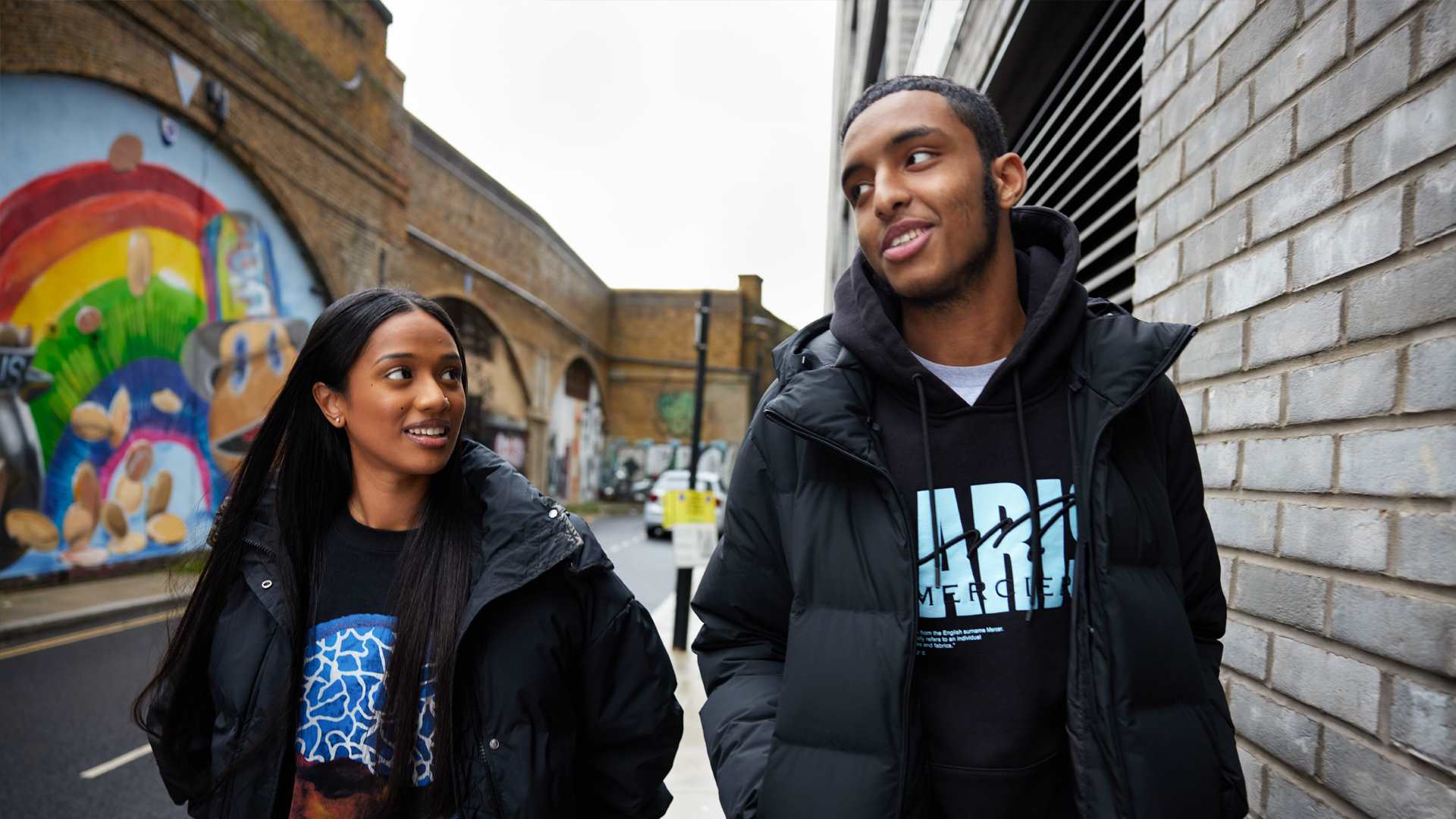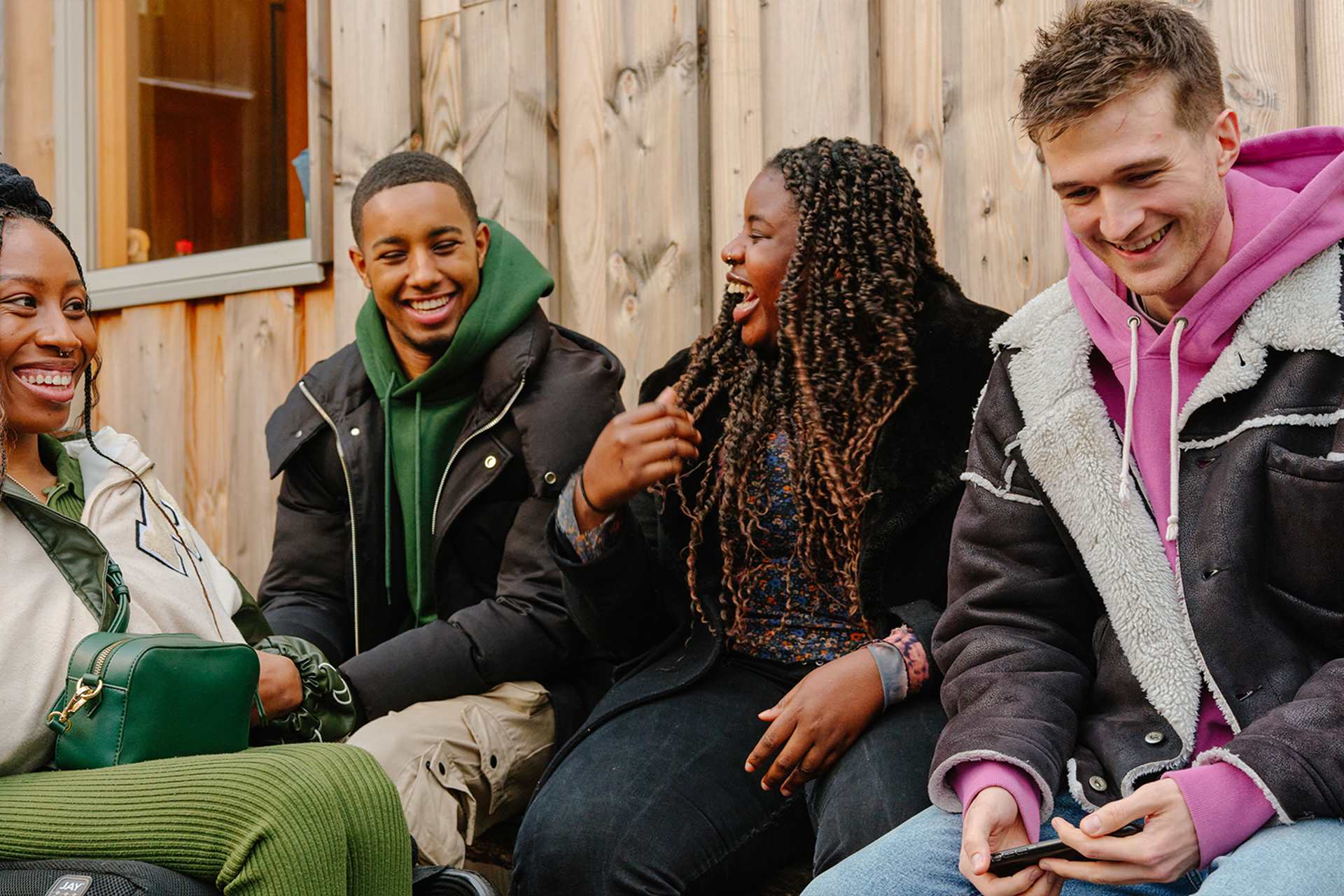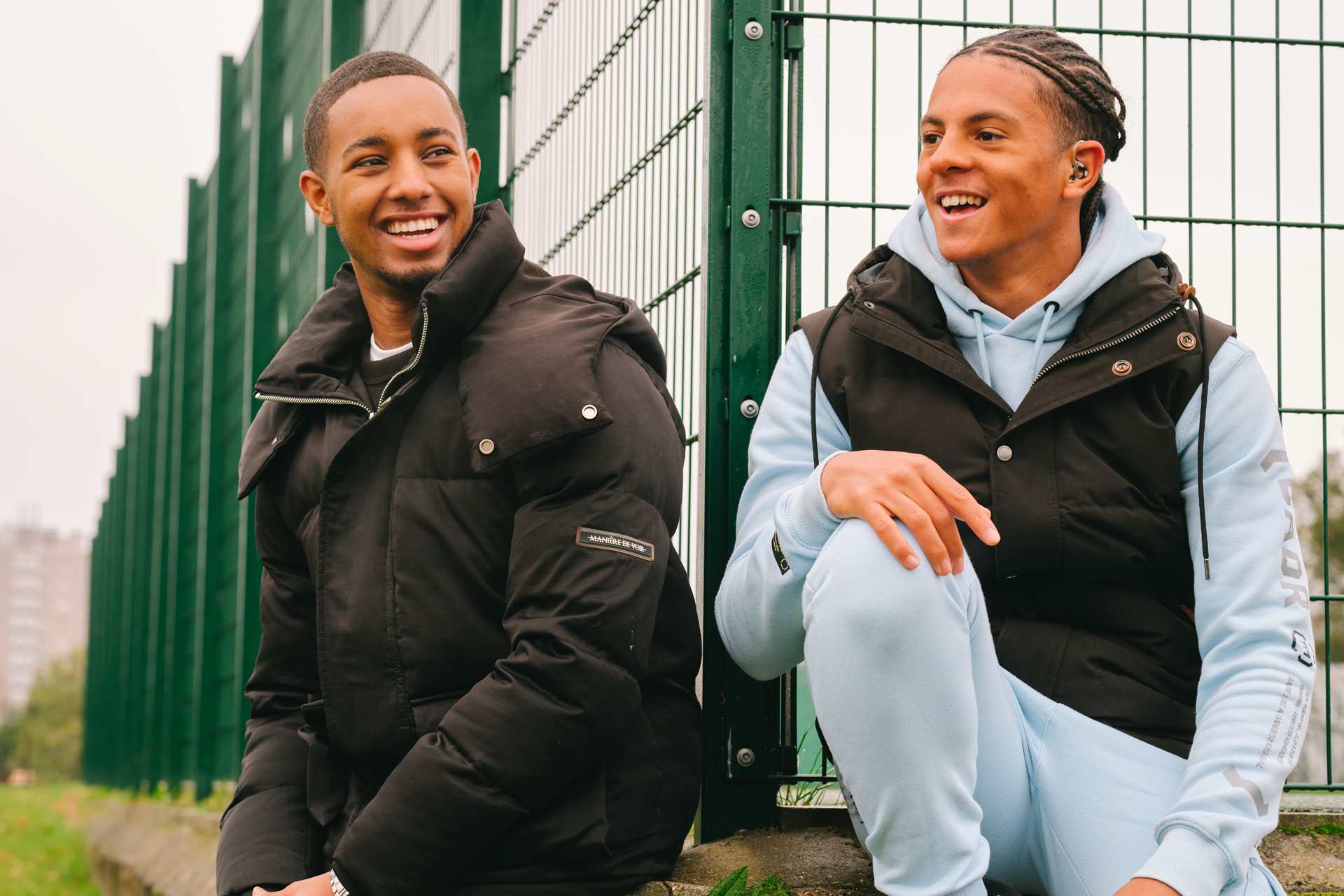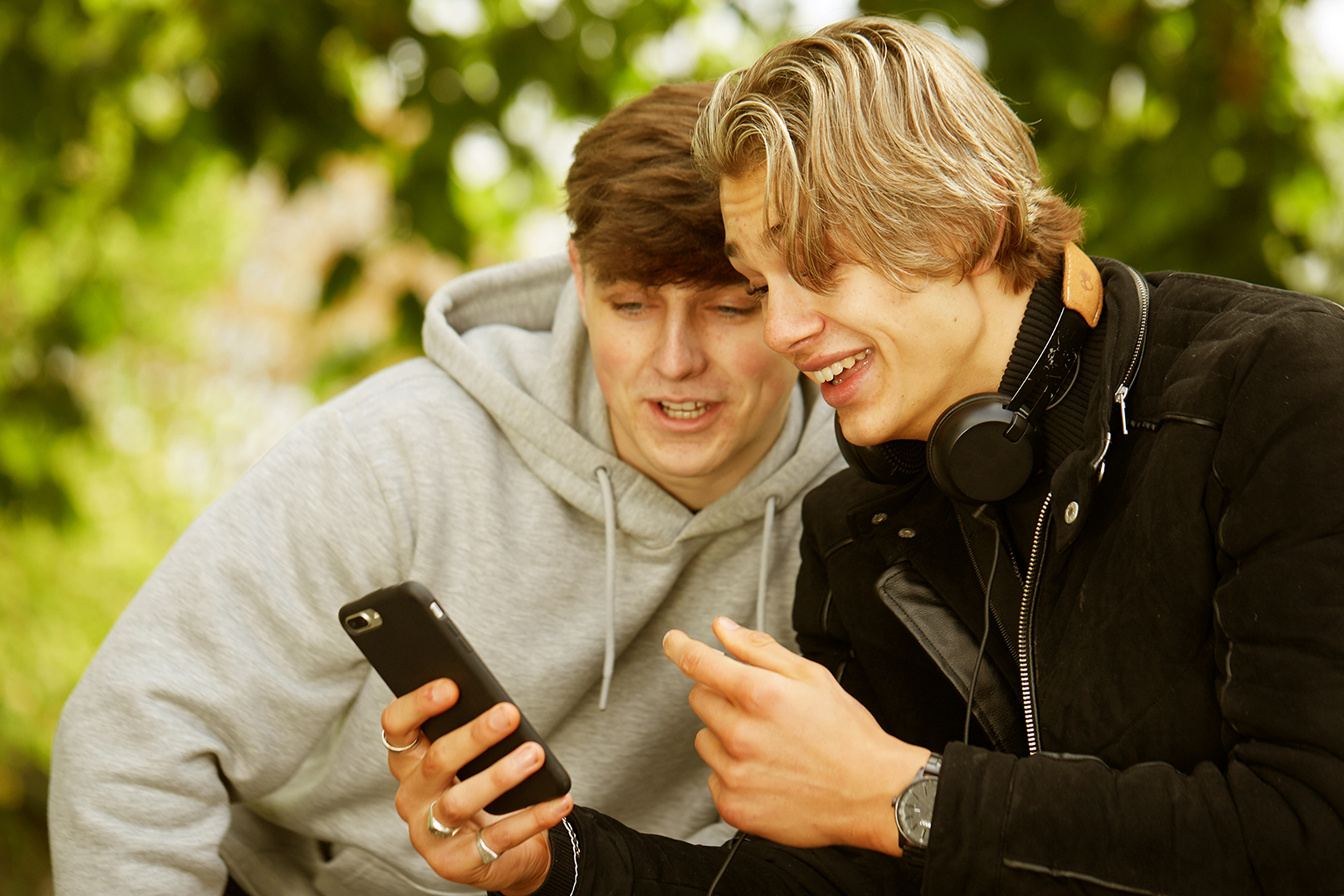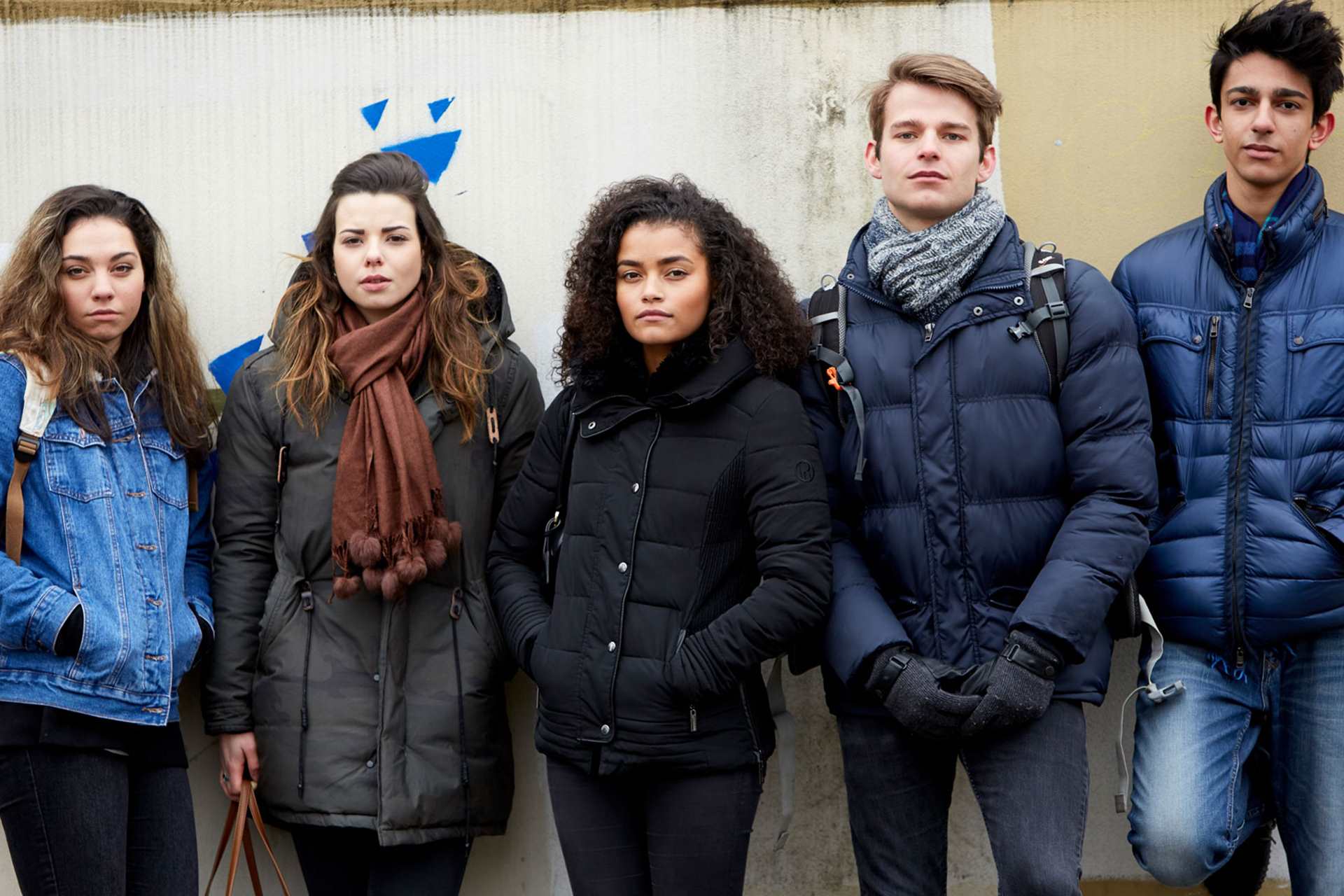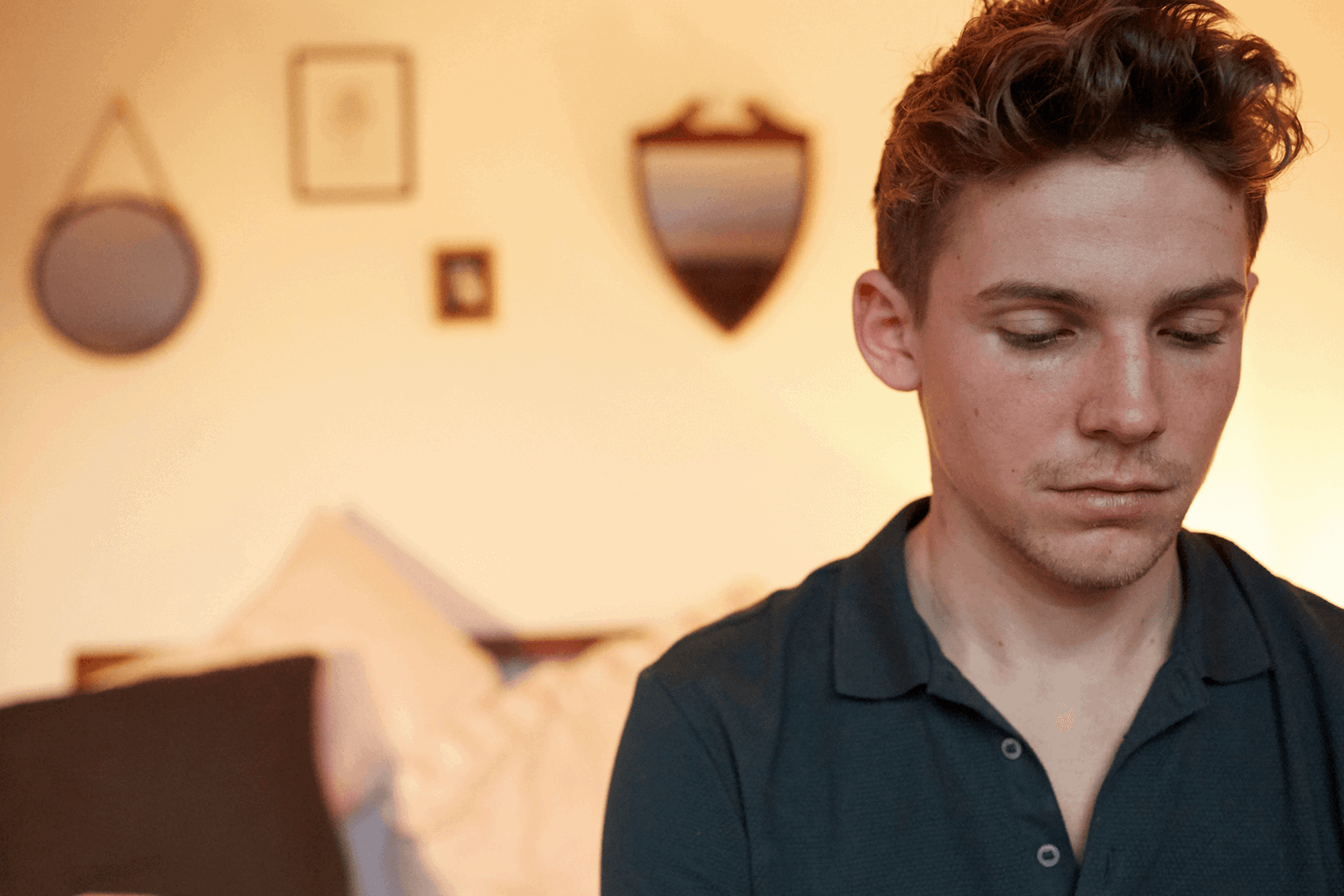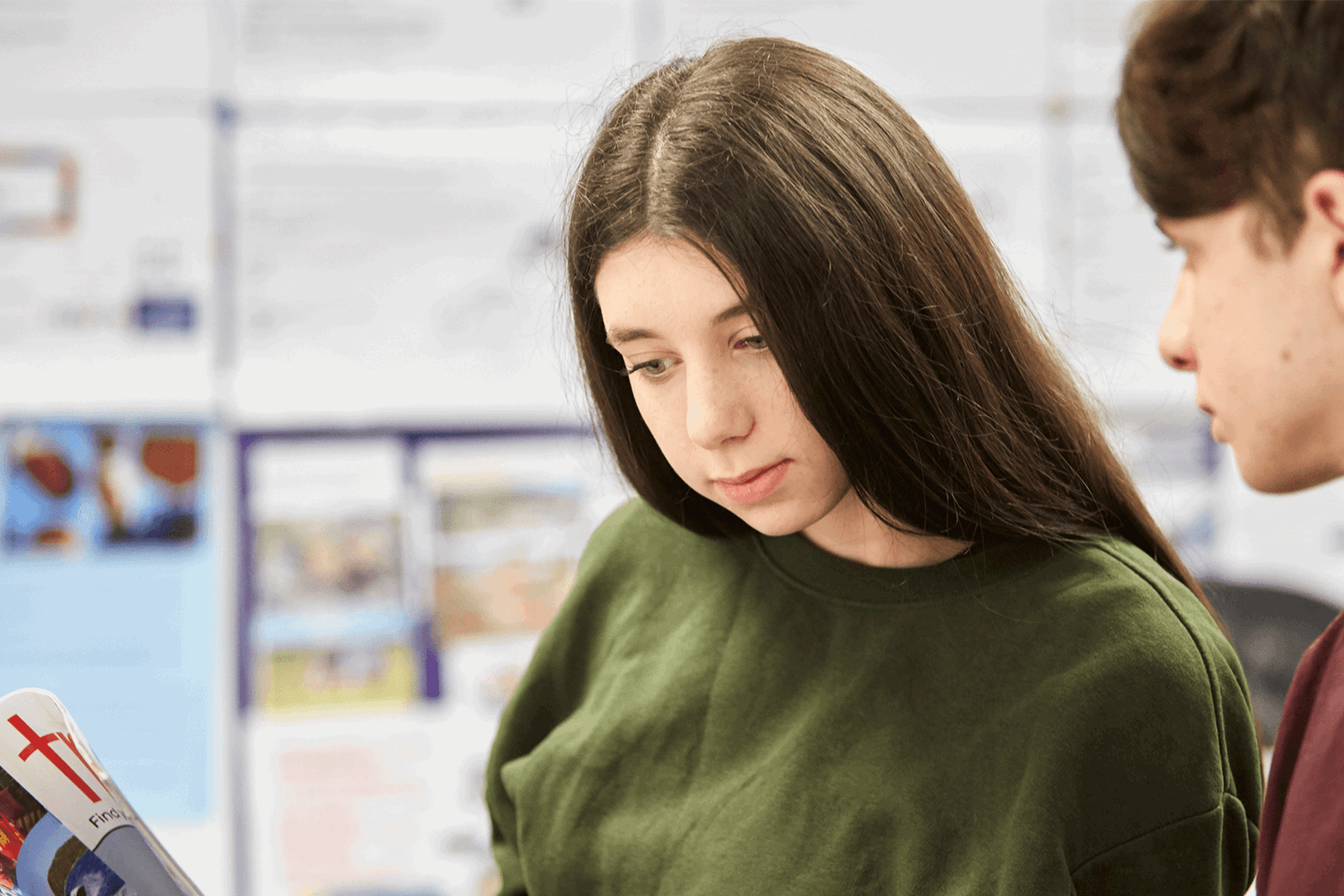Topics mentioned: activism, disability and mental health, social media
About: Eden explores her journey with activism and the challenges of balancing this with a chronic health condition.
About me and my experience of activism
I do a lot of social activism around mental health, wellbeing and disability. I want to make sure that young people’s voices are heard and respected, so I’m involved with a few different charities such as Action for Children, Youth Employment UK and Ambitious about Autism.
I live with a chronic health condition, and this means I’m not always able to get involved in opportunities that I’d like to because I have to pace myself quite a lot. Sometimes comparing your activism to other’s and seeing what amazing things they’re doing can really motivate you to get involved – I’ve been inspired by a lot of activists that I’ve seen and met through my social activism journey.
But sometimes, comparing our achievements can make us feel less accomplished. Social media can make it even harder to avoid comparing our activism with others.
"They have done so many things and they're so much younger than me, I wish I started this earlier."
It’s easy to feel like this, but the important thing is to validate your own achievements and remember that you’re making a difference. You’re doing the best you can to change the world for the better.
I live with a chronic health condition, and this means I’m not always able to get involved in opportunities that I’d like to because I have to pace myself quite a lot.
How social media comparisons impact activism
Comparing yourself to others on social media can have quite a negative impact on your mental health and self-esteem. You might feel like you’re not achieving as much as other people or that your achievements aren’t as valid. There’s also the FOMO – especially if you have a disability or health condition and aren’t always able to go to events or socialise as much as you would like. This can really make you feel isolated and alone.
There are times when there’s a lot of pressure to get involved with activism online. You might care about lots of different causes and charities which is really great, but liking and sharing lots of posts on social media can get really overwhelming. Of course, it’s really important to raise the profile of young people in activism. However, sometimes when you have a disability, you want to get involved with everything and try really hard to do the same amount as other young people to make a difference. It can be difficult, but it’s important to set boundaries for yourself and make sure that you say no to things – there will be other opportunities and your health and wellbeing is more important.
There are times when there’s a lot of pressure to get involved with activism online. You might care about lots of different causes and charities which is really great, but liking and sharing lots of posts on social media can get really overwhelming.
The importance of community and friendship
I think it’s important that young activists celebrate each other’s achievements on and off social media. I have a really supportive group of friends in the activism community and we’re always sending each other messages of support and just checking in on each other. It can be really difficult to put yourself out there and sometimes can be quite overwhelming, and I’m really grateful that I have such a supportive group of friends who really understand me.
A lot of them are activists themselves, so they understand. Whenever I feel guilty about having to cancel due to my health or not being able to attend an opportunity, they send little reminders that I’m doing really well and that it’s okay not to take things on. It’s really important to have a group of friends in the activism space to feel grounded and not feel like you’re comparing yourself to others. They can remind you that you’re doing really well and you can support them in return.
Rest is an important part of activism
One of my tips would be to limit the amount of time you spend on social media. It can be really easy to fall into a trap of just scrolling and comparing yourself to others and thinking about how much more you should be doing. But spending some time away from your screen, out in nature or other activities that you enjoy and spending time with your friends and family, is really important. If you’re struggling with your self-esteem, talk to a trusted friend or family member, a healthcare professional, or get help from charities like Childline. It’s really important that your mental health and wellbeing is prioritised alongside your physical health. And if things are really challenging for you, it’s okay to set some boundaries and take a break from everything as the activism space can be quite overwhelming sometimes.
It’s important to recognise that what you’re doing is enough. Not everything that you see on social media is real and you should be really proud of yourself for putting yourself out there and making a difference. No contribution is too small.
It’s important to recognise that what you’re doing is enough.
More information and advice
We have tips and advice to help you find the support you need. Take a look at our guides.
Where to get help
However you're feeling, there are people who can help you if you are struggling. Here are some services that can support you.
-
Childline
If you’re under 19 you can confidentially call, chat online or email about any problem big or small.
Sign up for a free Childline locker (real name or email address not needed) to use their free 1-2-1 counsellor chat and email support service.
Can provide a BSL interpreter if you are deaf or hearing-impaired.
Hosts online message boards where you can share your experiences, have fun and get support from other young people in similar situations.
- Opening times:
- 24/7
-
Samaritans
Whatever you're going through, you can contact the Samaritans for support. N.B. This is a listening service and does not offer advice or intervention.
- Opening times:
- 24/7
-
Youth Access
Provides information about local counselling and advice services for young people aged 11-25.
Put in your location and what you need help with into their 'Find help' search, and see what services are available in your area.
